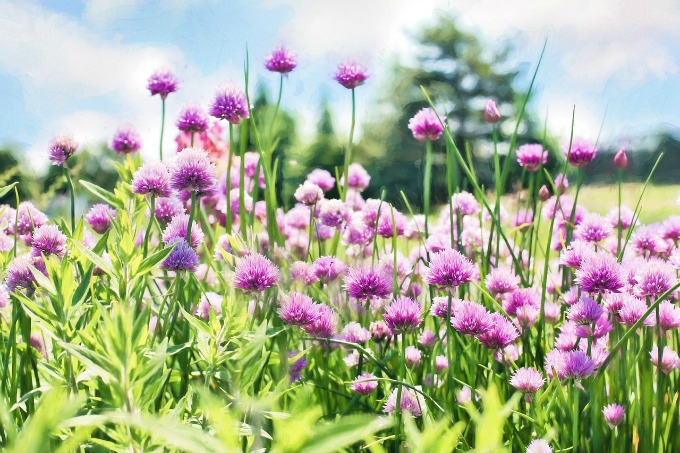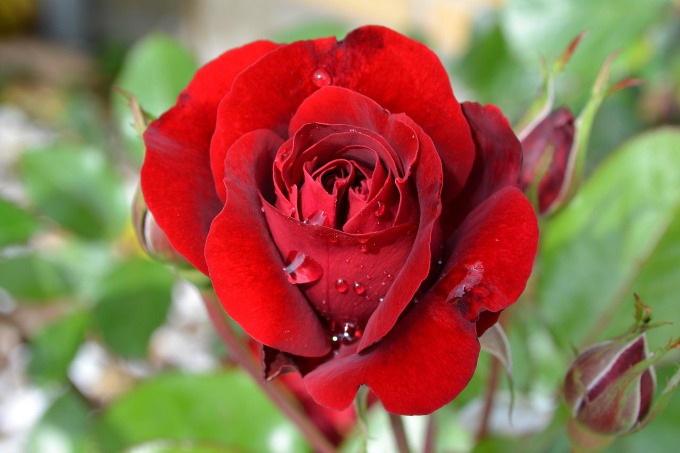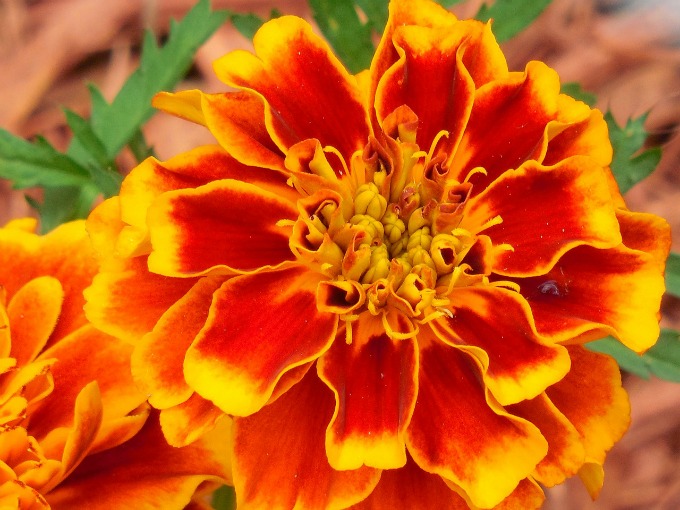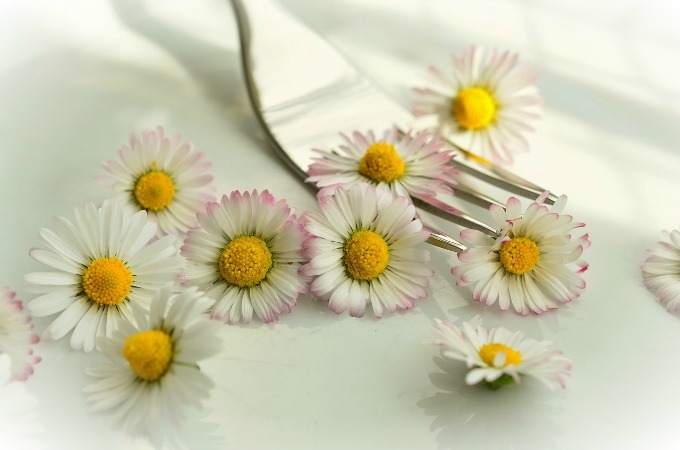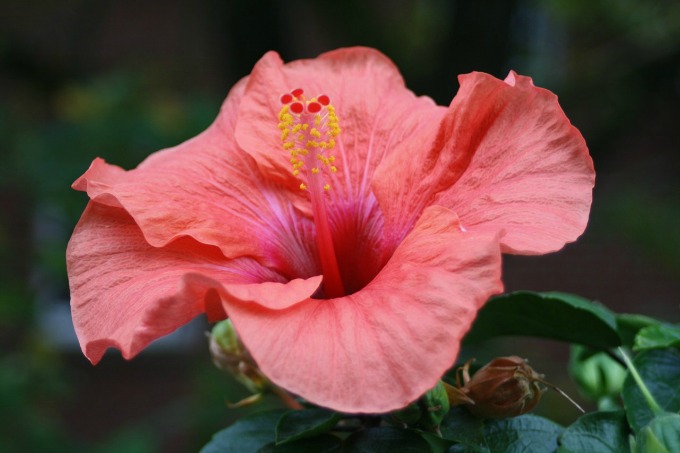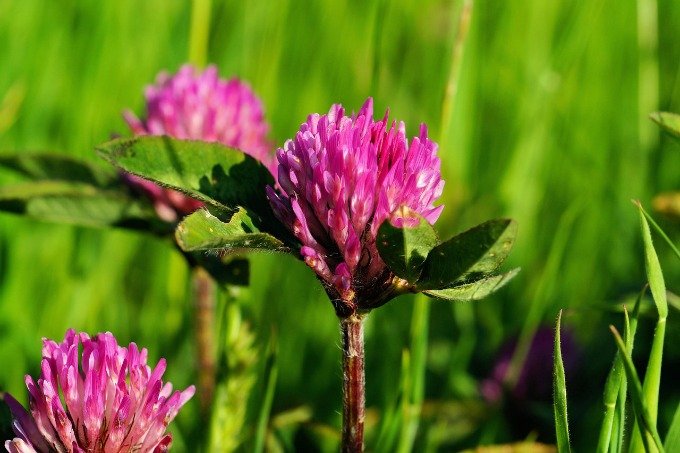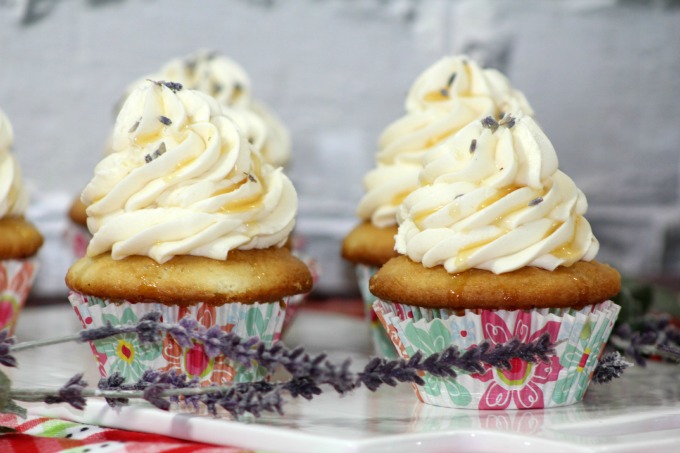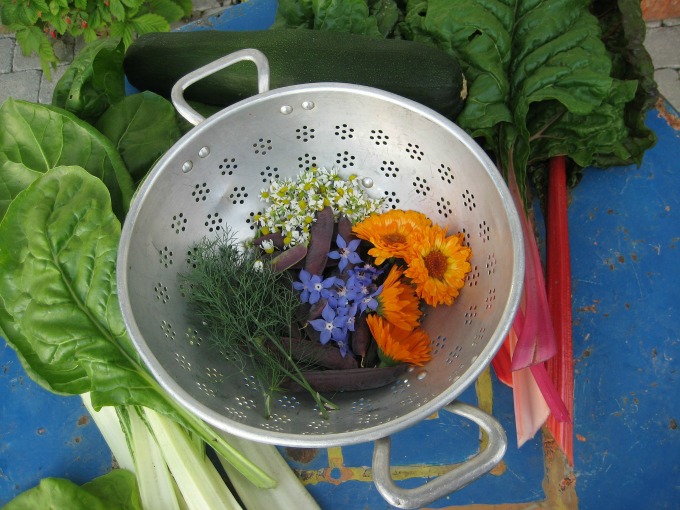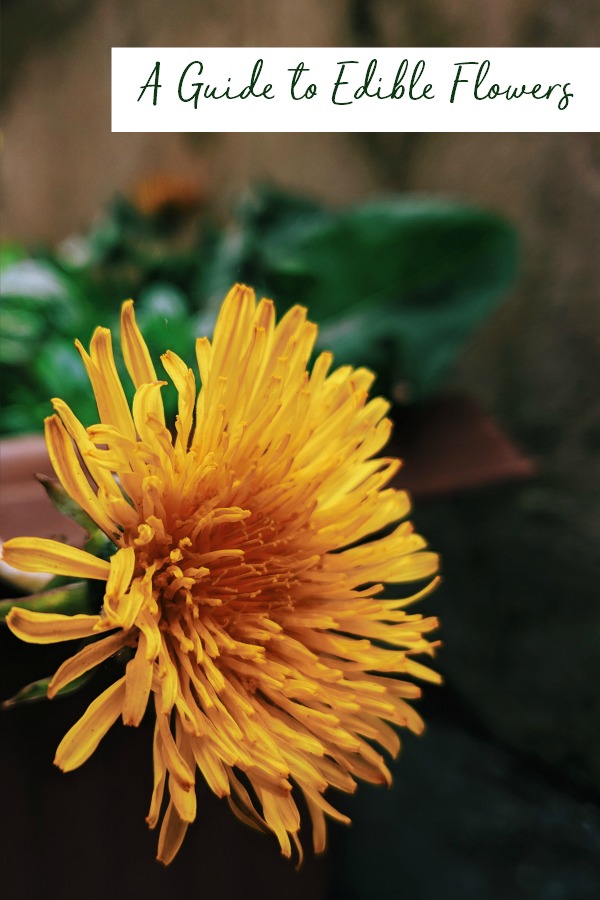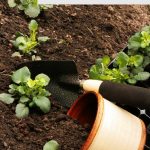It’s no secret that flowers are incredibly versatile plants. We use them for everything from landscaping to giving as gifts. Most flowers are beautiful, oh so fragrant, and are used in a myriad of ways. There are even edible flowers.
We use flowers as ingredients in lotions and perfumes, as themes and pieces of art, and we even use flowers for colors and pigments. And that’s just the start.
Did you know that plenty of flowers are edible as well?
That’s right. Flowers are amongst the most popular forms of edible landscaping. Edible flowers, and some that are considered weeds, are a great way to get an extra dose of vitamins in your diet – particularly Vitamins A and C The best part is that these can be grown in your own backyard.
The petals, and greens, of many flowers and weeds can have wonderful effects on your health. People have been consuming flowers for generations. Sometimes for a delectable treat, and other times for medicinal purposes.
It’s important to note that not all flowers are edible; in fact, some, like Hemlock, are even poisonous if consumed. You’ll definitely want to be aware of what flowers you’re looking at, and know which ones are safe to eat, and which you shouldn’t consume. An edible flowers guidebook can definitely come in handy, and is well worth the investment.
The following is a list of edible flowers, their benefits, and a few reasons why you should add them to your diet.
Edible Flowers List
Various flowers and greens have different health benefits. Some are rich in vitamins and minerals, while others have medicinal purposes and aid specific body systems such as the digestive tract or cardiovascular systems, among others. We’ve grouped edible flowers by their health benefits:
Edible Flowers High In Vitamins and Minerals:
- Marigolds, Portulacas, Purslanes, Roses, and Chives are all highly rich in vitamin C.
- Edible weeds, such as dandelion flowers, are also high in Vitamins A and C and the greens are loaded with healthy minerals like phosphorous, calcium, and iron. These help build strong bones, reduce cholesterol and inflammation. They also aid in regulating weight and metabolism.
Digestive Aids:
- Elderberry blooms and calendula blooms are the leading flowers that help with digestion. Common stomach problems such as bloating, cramping, constipation, and irregularity can be aided by adding these flowers to your diet.
- Goldenrod blooms also help with digestion, in addition to their work to soothe urinary tract infections. Goldenrod can even help relieve allergies. They can be added in salads, with baked goods, or used as garnish for full courses. If used to make teas, they can be excellent for reducing fevers and stimulating the immune system.
Stress and Sleep Aids:
Vibrant California poppies, soft chamomile blooms, and lavender flowers are all well regarded for their relaxing effects and use as stress aids. You can find oils, teas, lotions, drops, medications, and even bath soaps. They’re a delicious and natural way to unwind at the end of the long day and promise a restful night’s sleep. Lavender is having a moment in gourmet foods, too.
Detox Aids:
- The Hibiscus flower contains a number of antioxidants that can prevent cholesterol deposits and even helps with liver issues and disorders. Antioxidants are effective anti-aging nutrients that also reduce the risk of cancer and inflammation. They do this by helping to cleanse the body of environmental toxins. These build up from the foods we eat, stress, pollutants, and even everyday household products. When your body is cleansed of these, you may feel better, more alert, lighter, and even happier.
Pain Relievers:
- Honeysuckle and hyssop flowers are excellent edible flowers for relieving respiratory problems. These are also great for soothing pain in the stomach and colon. Mullein flowers help with these problems as well as headaches and other common body aches.
Antibiotic and Anti-inflammatory Aids:
- Nasturtiums are often overlooked as edible flowers. These gorgeous flowers can sometimes be found sprinkled on salads, and contain natural antibiotic properties. They’re great when fighting an infection or bacterial illness.
- Red clover blooms are even more useful as they are an effective blood purifier and can be consumed through a great tasting tea. You often see red clover honey, and if it’s local, that’s great for allergies.
- Violets and violas contain anti-inflammatory properties as well. They help with relaxation and soothe the worst symptoms of fevers and colds.
Look for Recipes
After you plant your garden, and your flowers start to bloom, you’ll want to explore natural recipes for your edible flowers, weeds, and greens.
There are a ton of ways to work edible flowers into your diet. Start with sprinkling them on salads, or making a tea. Work your way up to including flowers in baked goods, jellies and jams, breads, stir-fry, roasts and a number of other dishes. Soon, your family will look forward to the unique meals, and the health benefits that come along with them.
These blooms and more are a wonderful way to get to nature and brighten up your diet. There are some flowers such as apple, pea, lemon, orange, begonias, tulips, and more that are perfect just for flavoring, so begin your garden and see what you can really do!
Consume Responsibly
The best place to buy edible flowers is at your local farmers’ market. They’ll have a large selection and you can ask questions. The growers should be knowledgeable, and may even have delicious ideas to use their flowers. Make sure they’re organic and not sprayed with pesticides or other chemicals. That defeats the purpose of eating naturally.
You can also check your grocery store’s produce section. Oftentimes, they’ll have a few edible flowers with the gourmet veggies or fresh herbs. You don’t want the floral section. You can also order edible flowers online from websites that ship overnight for optimal freshness.
Your best bet may be to grow your own. You’ll want to make sure that you start with quality seeds or plants, and they’re not treated with chemicals. You’ll also want to be sure to learn the proper handling methods so no one gets contaminated.
While turning to nature can be a smart and effective way to improve your health, keep in mind that many of these natural remedies are not always backed by doctors or even approved by the FDA.
Natural food stores, health shops, and websites may offer rave reviews of edible flowers and natural remedies. But remember, it’s your body, your family, and you want to do your own thorough research before adding these to your diet.
Once you’ve ensured that the flowers, greens and weeds you want to consume are indeed safe, you can begin to use them to enhance the flavor of your food and your health.
You Might Also Like
- Keep Your Garden Disease Free
- Gift Ideas for Gardeners
- Shop the Farmer’s Market Like a Pro

